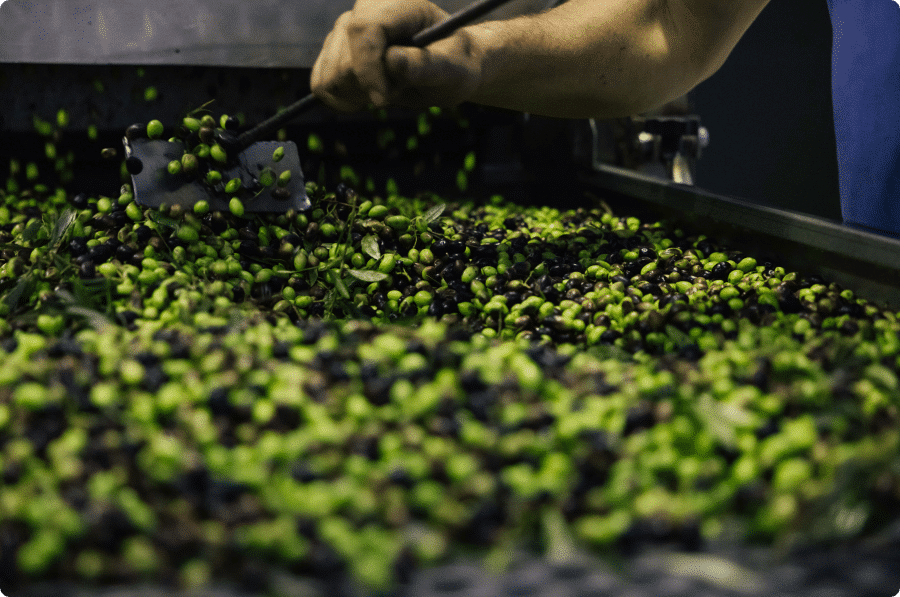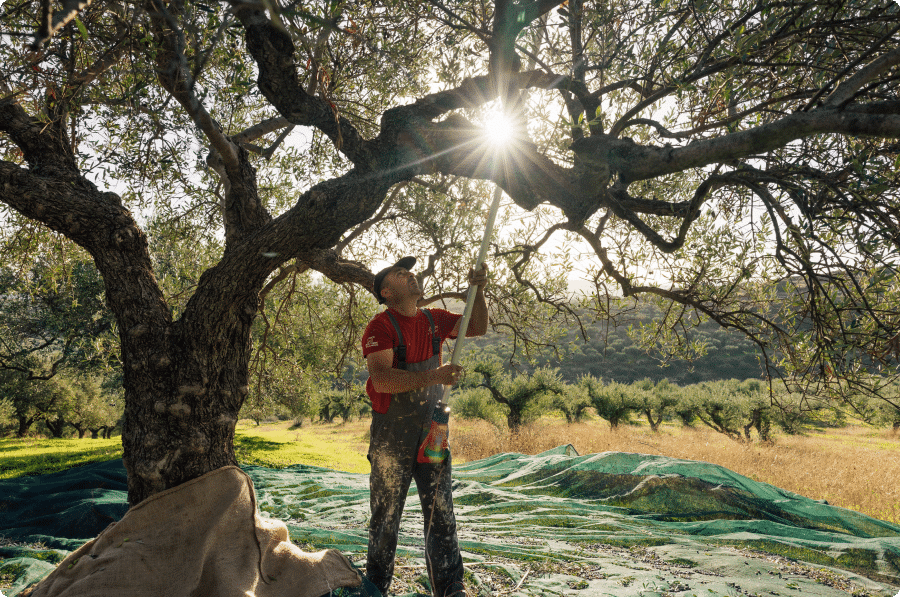Society is becoming more “hipsterized.” We can’t deny it. It’s a broad term, and also a verb, according to us. One part of this culture is the consumption of organic and plant-based food. Our extra virgin olive oil falls into this category. But when is a product actually allowed to carry an organic label?
Specific Rules
To comply with the rules for organic farming, there are of course several specific requirements. The Dutch Nutrition Center Foundation lists the following:
- Products must consist of at least 95% real organic ingredients.
- It must be clear where the ingredients exactly come from.
- No chemical pesticides have been used.
- No artificial fertilizers have been used.
- Products with the Demeter and EKO labels meet the same requirements as products with the European organic label.

European Legislation
The European organic label is mandatory on all organic products actually produced within the European Union. Products from outside the EU may use the label provided they meet the requirements. But they do not have to. The green-and-white logo clearly indicates that the product meets certain requirements regarding control, transparency, and sustainability.
These rules were established in a European regulation dating back to 2007. The first rules were actually set up in 1991, but due to the rapid growth of products, additional requirements were added in 2007. In short, the idea behind it is that an organic product is the same in the Netherlands as it is in Poland.

Organic Label
Here in the Netherlands, we use the EKO label for organic products. Compliance with these rules is monitored on behalf of the government by Skal. This is an organization that inspects the entire production chain. For convenience, we have placed both labels on our olive oil bottles and olive oil cans, so you can be sure that it is truly organic. Can’t wait to try the olive oil? Check out our webshop!
















